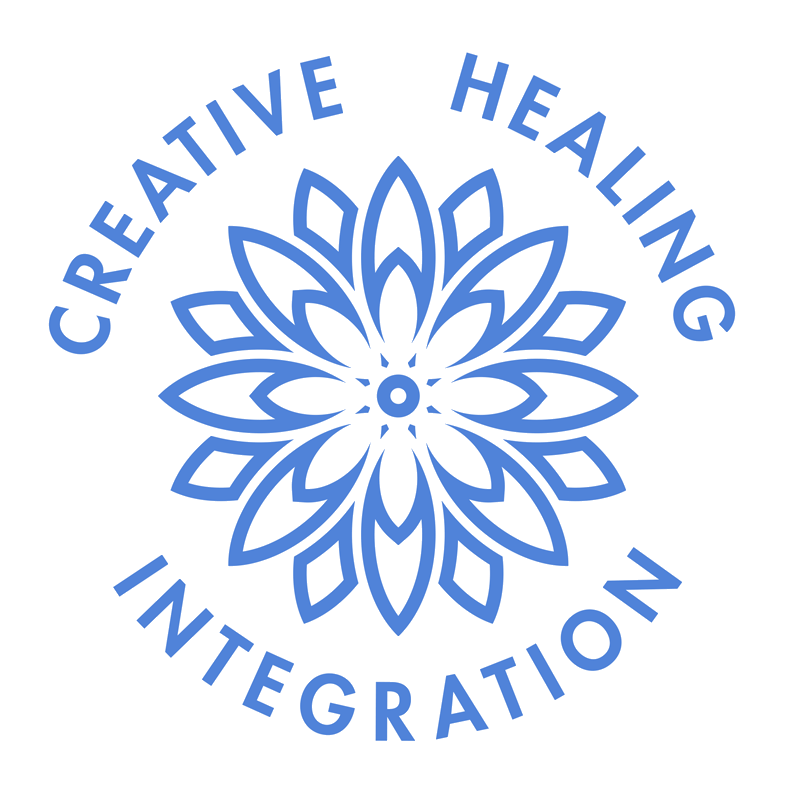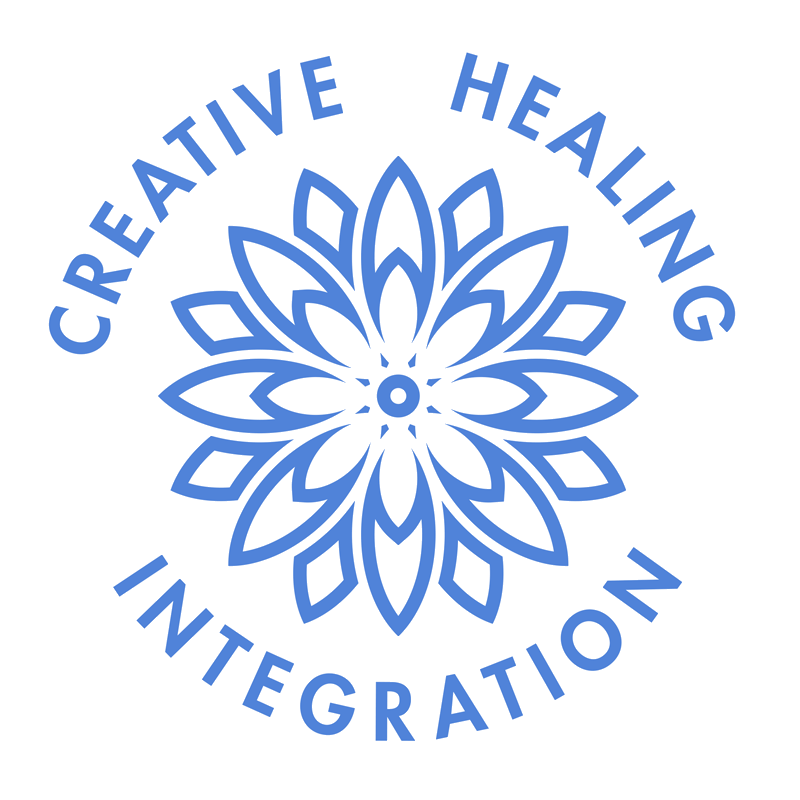When the Holidays Feel More Like Stress than Cheer

Holiday decorations fill store windows, line the streets, and brighten up homes. The message is loud and clear: It’s a time for joy.
Reminders of love, warmth, and togetherness surround us. But what if, for you, the holidays bring stress, loneliness, or even grief instead?
If your early memories are filled with fights, fear, or chaos, it’s no wonder this season feels more like discomfort than comfort.
You Are Not Alone
Maybe you grew up with a critical mother—someone who withheld warmth, criticized, or created an unpredictable environment. If that’s your experience, I want you to know that I see you, and you’re not alone.
I remember visiting a friend during the holidays as a child. Her home looked like something out of a magazine. Her mother decorated their home with all the trimmings, gorgeous decorations, and pots of steaming food, but it didn’t last. One small comment or mishap could set her mother into a fury of anger, burning food, yelling at family, and locking herself in her room.
Much like Jamie Lee Curtis's unforgettable “Feast of the Seven Fishes” Christmas Eve scene in The Bear, the holidays can sometimes unravel quickly.
For those of us who lived through similar experiences, this time of year may carry an undercurrent of anxiety, grief, or loneliness instead of joy.
Why the Holidays Hurt
Many children of critical mothers have painful memories associated with the season:
Broken promises: The holiday magic never seemed to reach your home.
Feeling unseen: Your needs or emotions were overlooked.
Loneliness: The house was full of decorations but empty of warmth.
Punishment and shame: A spilled drink or small mistake could ruin everything.
These moments—big or small—plant seeds of pain that can grow into difficult feelings during adulthood. The holidays amplify the gap between the joy others seem to feel and the emptiness you might carry.
How Old Patterns Show Up Today
As adults, we often repeat patterns shaped by those early experiences:
Overdoing: You may overcook, overspend, or over-decorate, believing if you just do more, everything will feel “right.”
Avoiding: You might isolate yourself, fearing judgment or expecting things to go wrong.
Seeking comfort: Food, shopping, or other distractions may temporarily soothe you but often leave you feeling worse.
These patterns often stem from a desire to fix something that isn’t your fault. The voice of a critical parent may still echo in your mind, making you question your worth or your ability to create joy.
A Path Toward Healing
This holiday season, take small steps to rewrite your narrative:
Acknowledge your feelings: It’s okay to feel stress, sadness, or grief. Naming your emotions is the first step toward healing.
Set boundaries: Protect your time and energy by saying no to traditions or gatherings that feel overwhelming.
Create your own traditions: Start small—decorate in a way that feels authentic to you, or plan a cozy movie night.
Practice self-compassion: Be kind to yourself when old feelings resurface. Remember, you’re not that little child anymore.
Find support: Whether through friends, therapy, or community, you don’t have to navigate this alone.
An Invitation to Support Your Journey
In honor of the holidays, I’m offering free shipping on my book, Overcoming the Mother Wound, through December 31st. This workbook-style guide will help you:
Understand attachment patterns.
Learn calming techniques for when you feel overwhelmed.
Use art exercises to explore your emotions.
This book offers tools to help you feel grounded during the holidays, trust yourself, and begin creating new, meaningful traditions for you and your loved ones.
Share Your Story
Holidays can be tough, but they don’t have to be faced alone. What’s your best or worst holiday memory? Have you ever felt the way I described?
I’d love to hear from you—leave a comment below.


0 comments
Leave a comment
Please log in or register to post a comment